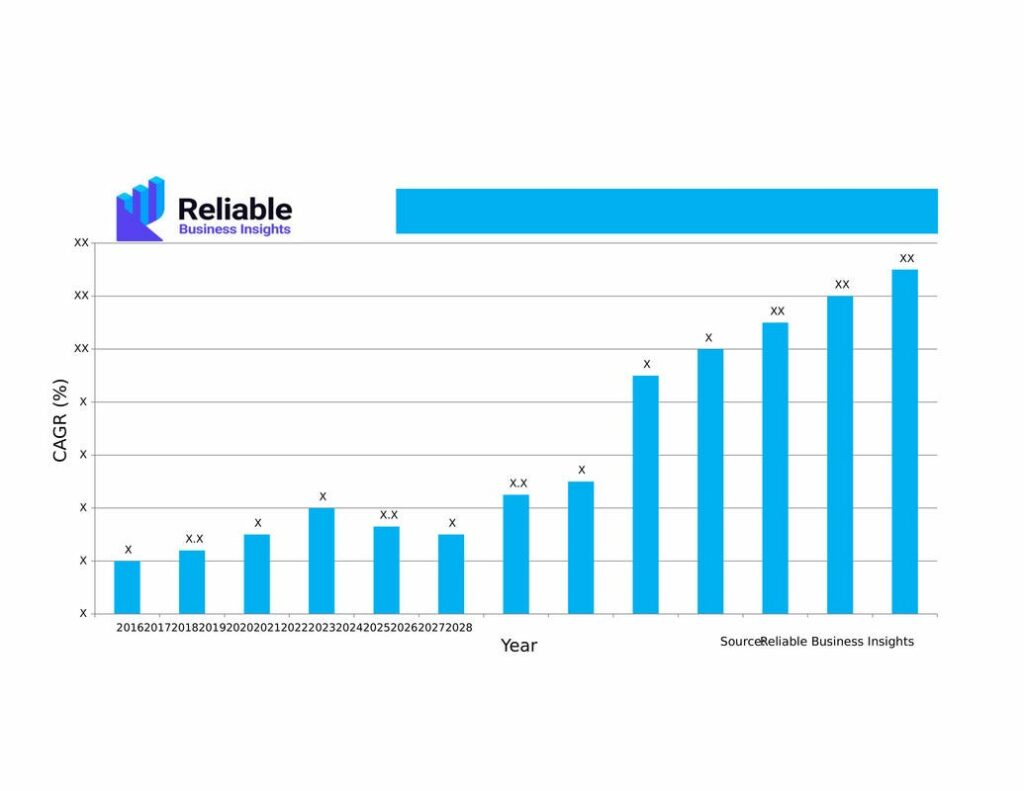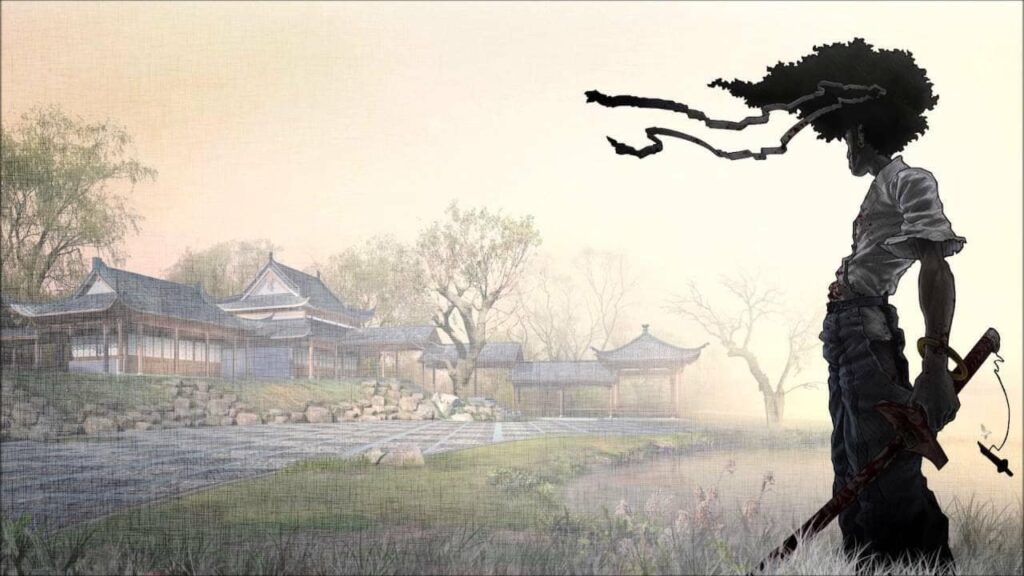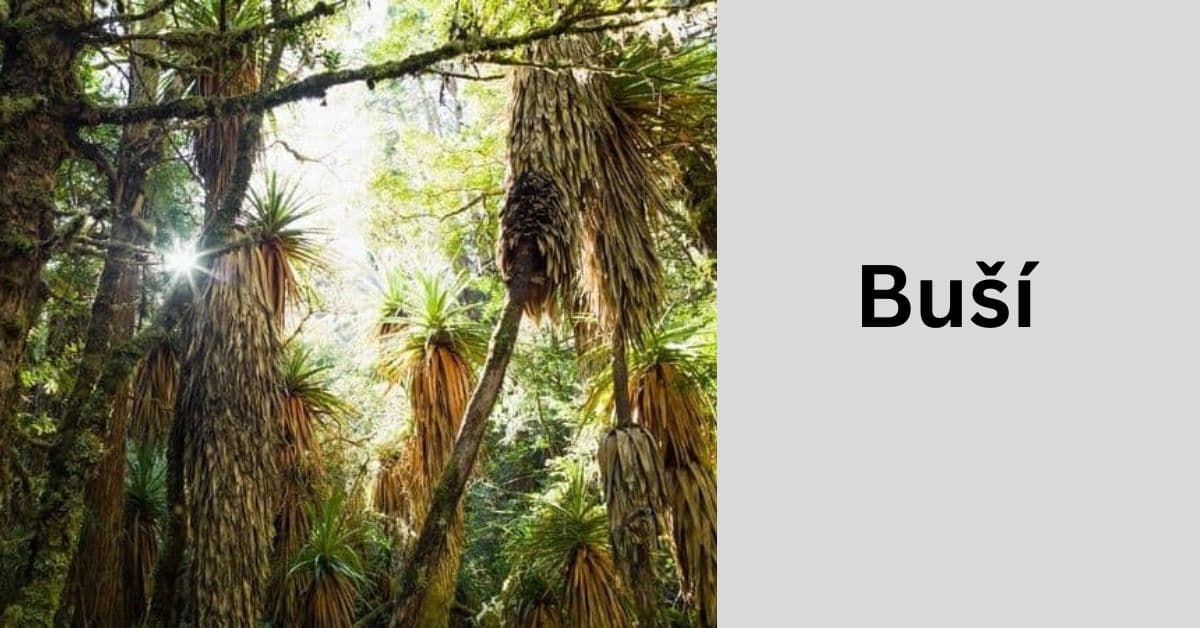Buší – The Ultimate Guide For You!
Busi, an administrative ward nestled within the Kondoa district, is in the heart of the Dodoma Region in Tanzania.
“Busi” has a deep cultural connection to the region and is a similar spelling to “bushido,” a Japanese philosophy and martial art term.
This article delves into the multifaceted aspects of Busi, exploring its geographical and cultural significance and drawing parallels with the principles of Bushido.
Table of Contents:
Geographical Insight – Here To Know!
Busi is an administrative ward in the Dodoma Region, characterized by its unique blend of landscapes and cultural diversity. The Kondoa district, where Busi is situated, contributes to the rich tapestry of Tanzania’s administrative divisions.

With its distinct features and charm, Busi is a microcosm of the natural beauty and cultural heritage that defines this part of East Africa.
It is a land rich in history and tradition, with a diverse population and vibrant culture. The local people are warm and welcoming, and Busi is the perfect place to explore and experience Tanzania’s unique charms.
Read Also: How To Become A Morning Person? – A Simple Guide!
Cultural Significance- Check It Out!
Beyond its administrative role, Busi carries cultural significance for the local population. The community in Busi is known for preserving age-old traditions and customs, showcasing the resilience of Tanzanian heritage.
Busi becomes a living testament to the cultural vibrancy that defines this part of Tanzania, from vibrant festivals to traditional ceremonies.
The people of Busi take great pride in their cultural heritage and strive to pass it along to future generations. This commitment to preserving their culture inspires many and reminds them of the importance of maintaining traditional values and practices.
Busi and Bushido – Explore It!
In an unexpected linguistic convergence, the term “Busi” shares an alternate spelling with “bushido,” a Japanese term that translates to “the way of the warrior.

” Bushido is a moral and ethical code followed by the samurai class in feudal Japan, emphasizing virtues such as loyalty, honor, and self-discipline.
While geographically and culturally distant, the connection between Busi and bushido opens an avenue for exploration into the universality of specific values across diverse societies.
This connection can help us understand and appreciate the core values of different cultures and how they shape the lives of individuals and organizations. It can also provide insight into how different cultures interact with each other and how they can learn from one another.2
Read Also: Unlocking a Vibrant Lifestyle – Embracing a Unique Lifestyle!
FAQs:
1. What is the geographical location of Busi in Tanzania?
Busi is an administrative ward in the Kondoa district of the Dodoma Region in Tanzania.
2. How does Busi contribute to Tanzania’s cultural heritage?
Busi plays a crucial role in preserving age-old traditions and customs, showcasing the region’s rich cultural heritage.
3. Is there a connection between Busi and Bushido?
Interestingly, the term “Busi” shares an alternate spelling with “bushido,” a Japanese term representing the samurai code of ethics.
4. What are the fundamental principles of bushido?
Bushido emphasizes virtues such as loyalty, honor, and self-discipline, forming a moral and ethical code followed by the samurai class in feudal Japan.
5. How does the community in Busi celebrate its cultural heritage?
The community in Busi engages in vibrant festivals and traditional ceremonies, showcasing the region’s cultural vibrancy.
6. What role does Busi play in the Dodoma Region’s administrative landscape?
Busi serves as an administrative ward contributing to the overall organizational structure of the Dodoma Region in Tanzania.
Conclusion:
In the end,
In the intricate tapestry of Tanzania’s Dodoma Region, Busi emerges as an administrative entity and a custodian of cultural richness.







